Generation Z isn’t niche, it’s the mainstream
Companies need to start taking post-millennials seriously, or lose their business


Last month, news broke that Facebook was killing its standalone Lifestage app after less than a year, and the world collectively shrugged. Not only had most people forgotten it ever existed, but anyone who was familiar with the teen-focused selfie-sharing tool assumed Facebook had dumped it a long time ago due to a general lack of interest.
In a statement, the company said: "We've gotten some helpful feedback from this app that we're using to improve a number of visual and camera features across the Facebook app. Teens continue to make up an important part of the global community on Facebook, and we've learned a lot from Lifestage. We will continue to incorporate these learnings into features in the main Facebook app."
There are a lot of plausible theories as to why Lifestage failed, but chief among them is the narrow focus on a youth market (only those under 21 could sign up) over-saturated with choice. With Snapchat and Instagram already aggressively vying for attention, there simply wasn't room for Facebook's rival effort. Tech companies should learn from Facebook's misstep now or face their own failures down the road.
Young mutants
Generation Z, the generation following the much-discussed Millennial, is a demographic that's dominating the consumer tech market but crucially hasn't yet entered the workforce. That's about to change, however, and they'll be bringing with them a level of tech literacy more evolved than any previous generation.
Gethin Nadin, director of global partnerships at Benefex, says: "Born post-1995, Generation Z has never known a world without the internet. In fact, their lives are so entwined in tech, that some academics have affectionately dubbed them 'Mutants'. [They're] set to become the largest generation ever, reaching 2.52 billion, and by 2025 they will account for 30% of the workforce. Therefore, it'd be remiss to not take their wants and needs seriously."
One of the biggest issues related to the incoming generation is the expectation that technology used in the workplace will be up to par with what they use in their personal lives. This is not a new idea, as such Bring Your Own Device (BYOD) is already fairly commonplace but it's one many companies may struggle to keep up with.
"Generation Z are growing up amidst rapid economic transition and in a hyper-competitive world," says Sam Shaw, from consumer behavioural analyst firm Canvas8. "Offline and online are inextricably linked for them. Constant access to social technology is a natural part of their lives."
Get the ITPro daily newsletter
Sign up today and you will receive a free copy of our Future Focus 2025 report - the leading guidance on AI, cybersecurity and other IT challenges as per 700+ senior executives
According to research conducted by Fuze, three quarters of the new generation expect to be able to use the latest technology at work, yet almost half (48%) of respondents thought employers didn't provide adequate tech for them to work effectively.
Kris Wood, VP EMEA at Fuze, added: "While consumer technology brands are growing increasingly comfortable with the expectations of this new generation, those working in business technology still have a long way to go. To the business community, it's all too easy to assume that because Generation Z may not yet be in work, they cannot be a core target audience for business-oriented tech. This disconnect across corporate tech firms is already starting to show through."
Caroline has been writing about technology for more than a decade, switching between consumer smart home news and reviews and in-depth B2B industry coverage. In addition to her work for IT Pro and Cloud Pro, she has contributed to a number of titles including Expert Reviews, TechRadar, The Week and many more. She is currently the smart home editor across Future Publishing's homes titles.
You can get in touch with Caroline via email at caroline.preece@futurenet.com.
-
 Should AI PCs be part of your next hardware refresh?
Should AI PCs be part of your next hardware refresh?AI PCs are fast becoming a business staple and a surefire way to future-proof your business
By Bobby Hellard Published
-
 Westcon-Comstor and Vectra AI launch brace of new channel initiatives
Westcon-Comstor and Vectra AI launch brace of new channel initiativesNews Westcon-Comstor and Vectra AI have announced the launch of two new channel growth initiatives focused on the managed security service provider (MSSP) space and AWS Marketplace.
By Daniel Todd Published
-
 Marketing talent brain drain could stunt channel partner success
Marketing talent brain drain could stunt channel partner successNews Valuable partner marketing skills are at risk of being lost as the structure of channel marketing teams continues to shift, according to new research.
By Daniel Todd Published
-
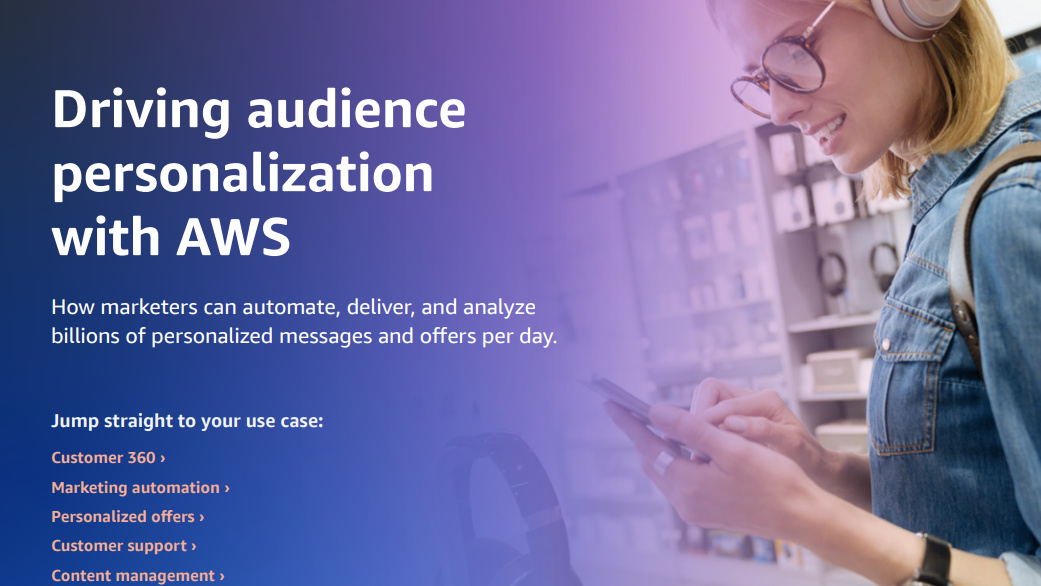 Automate personalization with AWS
Automate personalization with AWSWhitepaper How marketers can automate, deliver, and analyze billions of personalized messages and offers per day
By ITPro Published
-
 Schneider Electric unveils its first e-commerce partner program
Schneider Electric unveils its first e-commerce partner programNews Partners will be assigned a dedicated Schneider expert to aid strategy development
By Daniel Todd Published
-
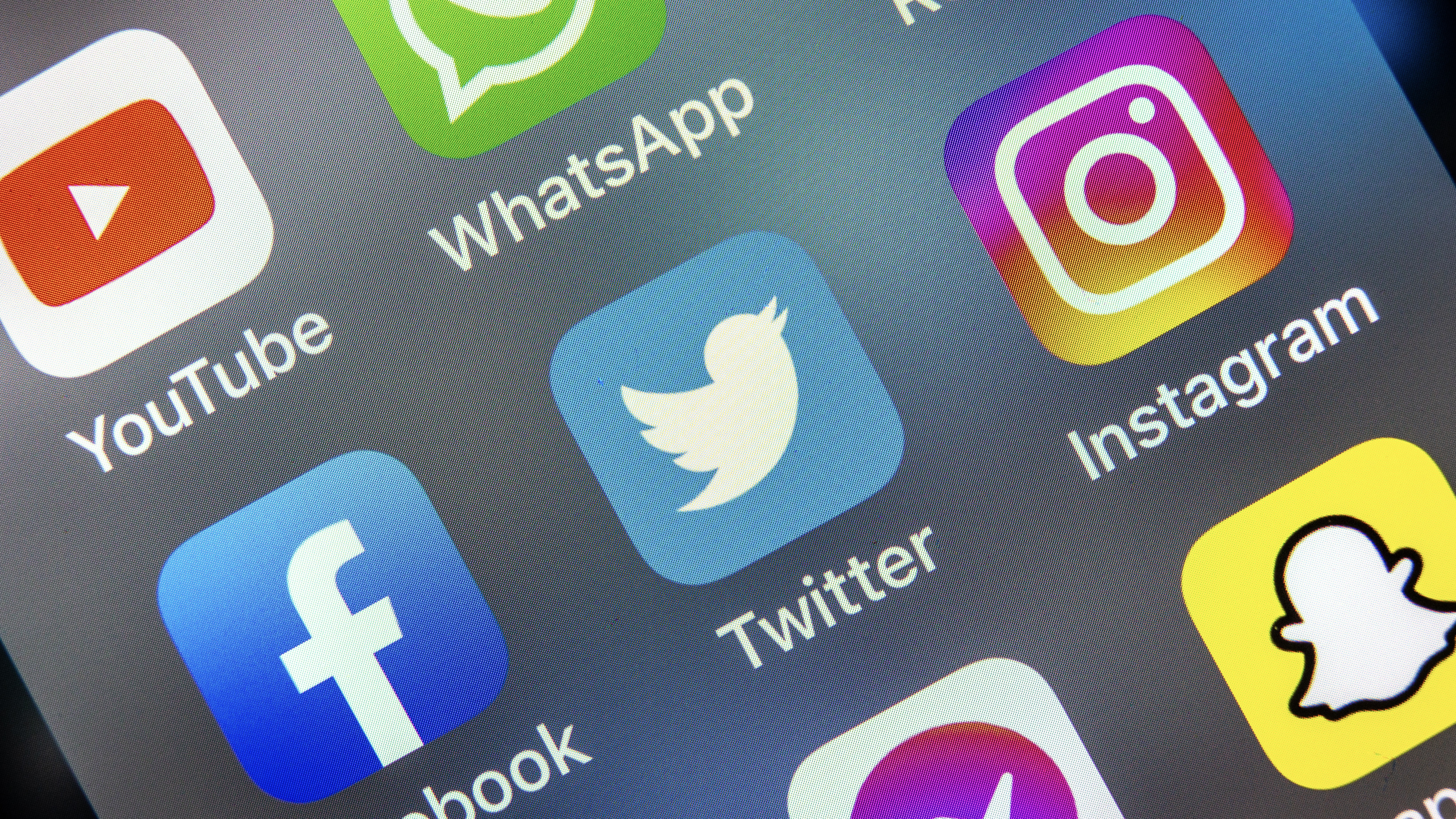 How digital marketing will evolve beyond social media
How digital marketing will evolve beyond social mediaIn-depth Twitter's ongoing destabilisation proves businesses can't rely on social media for digital marketing forever
By Elliot Mulley-Goodbarne Published
-
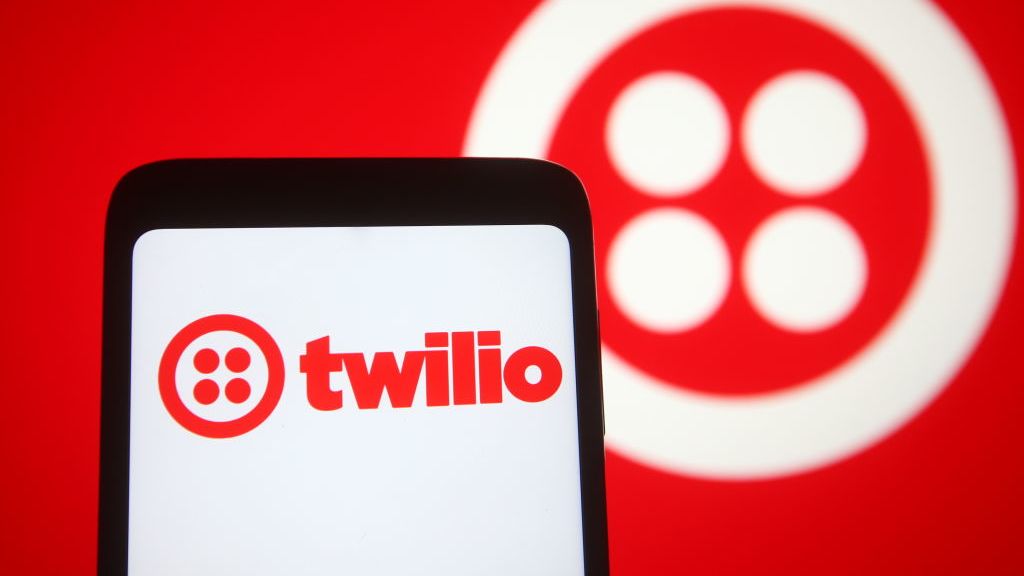 Twilio tackles 'crucial' customer retention with trio of platform upgrades
Twilio tackles 'crucial' customer retention with trio of platform upgradesNews The company believes that retaining customers and maximising LTV is crucial in weathering the current macroeconomic headwinds
By Connor Jones Published
-
 Activation playbook: Deliver data that powers impactful, game-changing campaigns
Activation playbook: Deliver data that powers impactful, game-changing campaignsWhitepaper Bringing together data and technology to drive better business outcomes
By ITPro Published
-
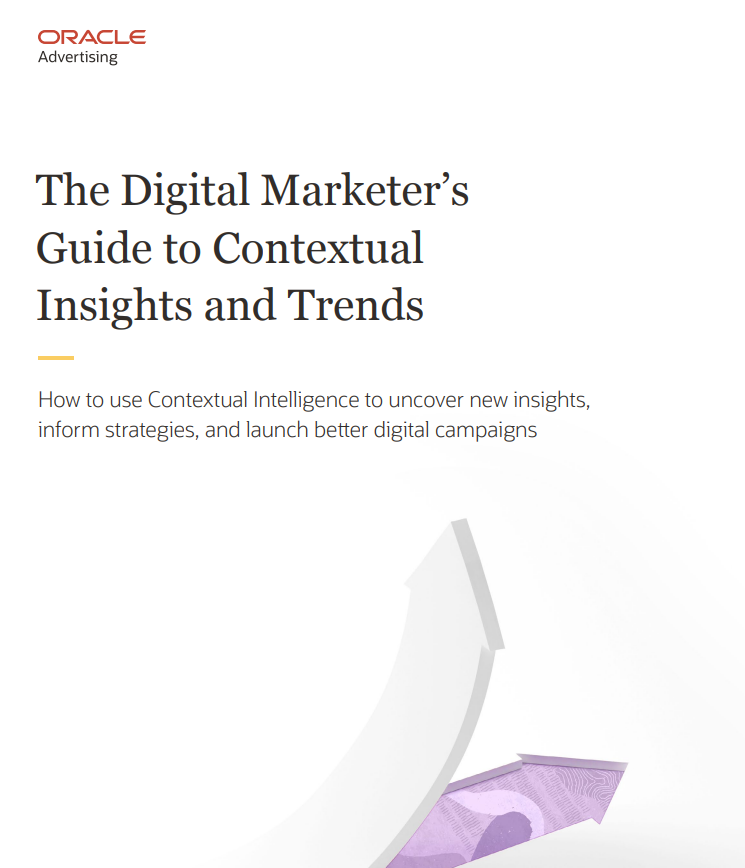 The digital marketer’s guide to contextual insights and trends
The digital marketer’s guide to contextual insights and trendsWhitepaper How to use contextual intelligence to uncover new insights and inform strategies
By ITPro Published
-
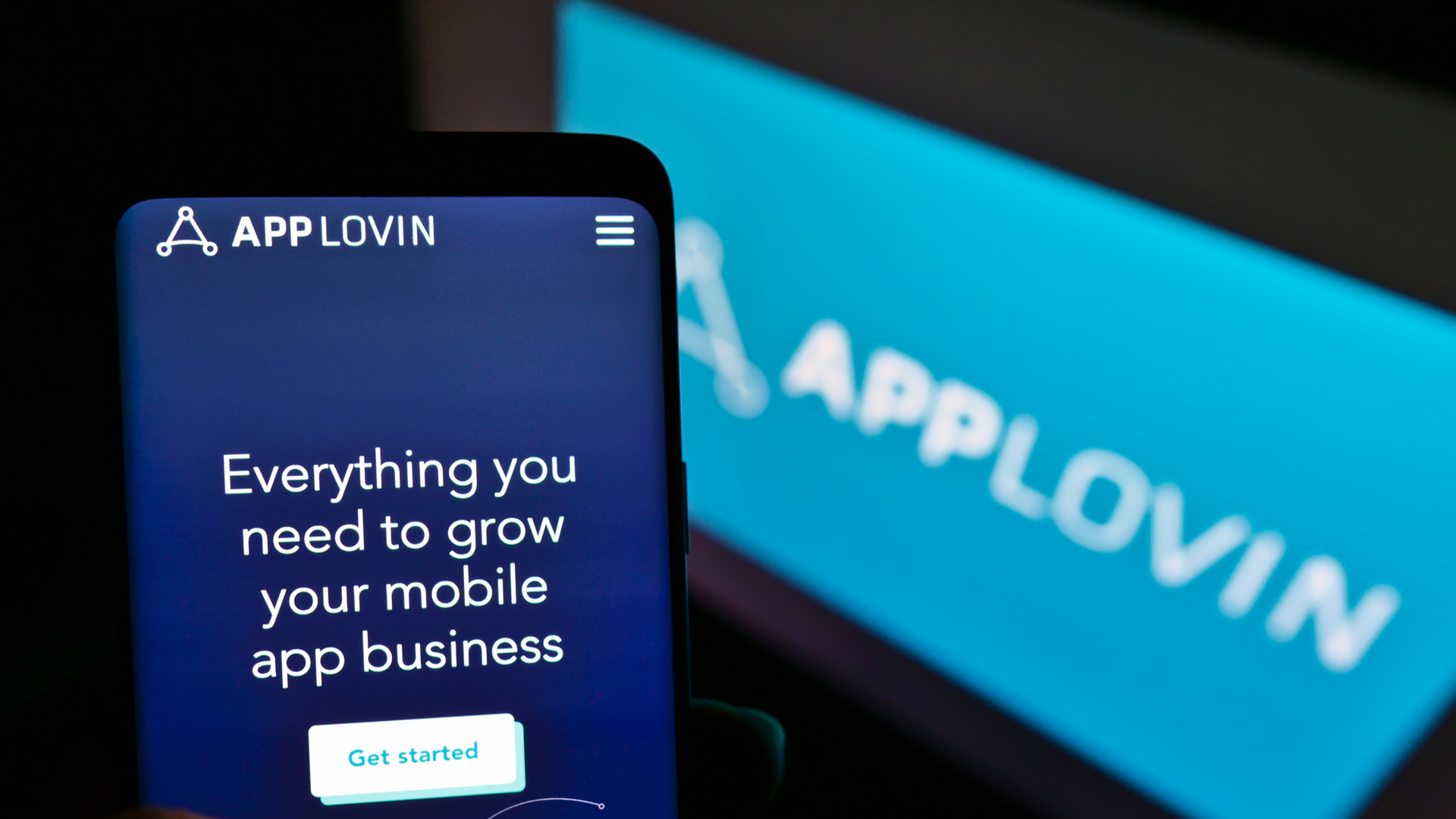 Twitter sells mobile ad unit for triple its original value
Twitter sells mobile ad unit for triple its original valueNews The sale will allow the tech giant to focus on its plans of doubling its revenue in 2023 to $7.5 billion
By Sabina Weston Published